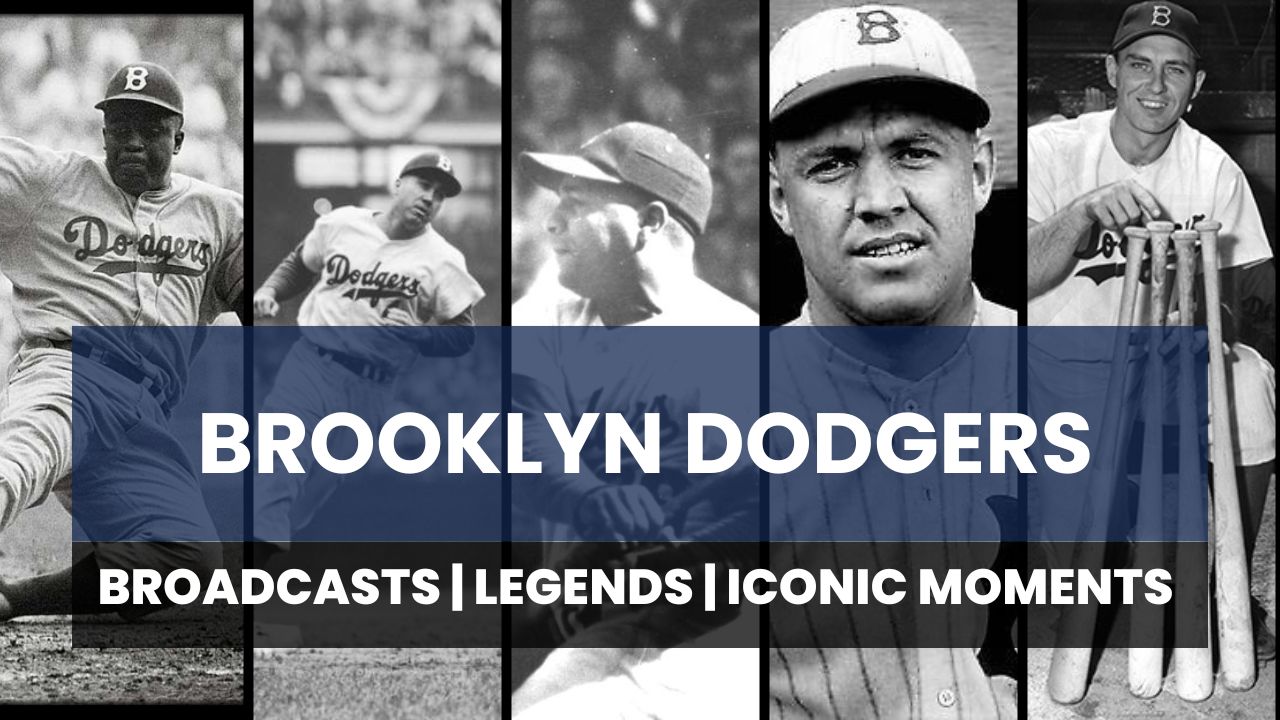History of the World Series – 1979
History of the World Series – 1979
“Pops” was veteran first baseman Wilver Dornel Stargell, whose fun-loving nature kept things loose in the clubhouse and whose powerful bat kept the opposition loose on the field. At 38, Willie Stargell thumped 32 home runs for Manager Chuck Tanner’s Pirates, helping the Bucs to a National League East championship that wasn’t nailed down until the final day of the season. Stargell then drilled two homers, drove in six runs and batted .455 in three Championship Series games as Pittsburgh swept the Cincinnati Reds.
Next up for the Pirates was a World Series date against the Baltimore Orioles. But no matter how hard team captain Stargell tried to inspire his teammates — whether it be along the lines of awarding gold stars for superior performances or supplying such notable performances himself — he saw the National League champions fall dangerously behind the Orioles.
Baltimore jolted the Pirates with five first-inning runs in the Series opener. Doug DeCinces capped the uprising with a two-run homer, and 23-game winner Mike Flanagan made the runs stand up — barely. The Pirates pecked away, with Phil Garner and Stargell (a two-time NL home-run champion and possessor of 461 homers) each collecting two RBIs and Dave Parker finishing with four hits. Stargell accounted for the game’s final run with an eighth-inning homer, but Flanagan held on for a 5-4 victory at Baltimore’s Memorial Stadium.
Veteran Manny Sanguillen gave Pittsburgh a lift in Game 2, delivering a ninth-inning pinch single that broke a 2-2 tie and enabled the Pirates to beat the Orioles and ace reliever Don Stanhouse. Despite the 3-2 triumph, the Bucs went flat when the Series shifted to Three Rivers Stadium. In Game 3, Orioles shortstop Kiko Garcia banged out two singles, a double and a triple to total four RBIs, and Benny Ayala cracked a two-run homer as the American League titleists prevailed, 8-4. Pinch-hitters John Lowenstein and Terry Crowley each belted two-run doubles in the eighth inning of Game 4 as Baltimore roared back from a 6-3 deficit to a 9-6 conquest. The loss was extremely distressing to the Pirates. Not only did they lose a game they seemingly had won, but the defeat also left them facing a three games-to-one deficit. Pittsburgh would also be going against Orioles ace Flanagan in Game 5.
A disheartening situation. Unless, of course, you come together in tight situations, like a family tends to do.
Bill Madlock and Tim Foli, key in-season acquisitions for Pittsburgh, kept Tanner’s troops in the hunt in the fifth game. Madlock, obtained from San Francisco in late June and installed as the Pirates’ regular third baseman (he had been playing out of position, at second base, for the Giants), went 4-for-4 and shortstop Foli, acquired from the New York Mets two weeks into the season, drove in three runs as the Pirates dealt Flanagan a 7-1 setback. Bert Blyleven, working four scoreless innings of relief, got the victory.
While Madlock, Foli and Blyleven got the headlines after Game 5, Jim Rooker perhaps made the biggest contribution for Pittsburgh. Winner of only four games during the regular season, the lefthander nevertheless was Tanner’s choice to start the do-or-die contest. Rooker kept the Bucs in the game-and in the Series-before turning things over to Blyleven. He permitted only one run and three hits over five innings, then departed for a pinch-hitter.
Now the Pirates would go with their ace — if a 14-game winner qualifies for such billing. John Candelaria was, in fact, the top winner for the pennant-winning Pirates despite his modest victory total (six Bucs had 10 or more triumphs). The Candy Man combined with relief ace Kent Tekulve to stymie the Orioles on seven hits in Game 6, which went into the books as a Series-squaring, 4-0 victory.
Pittsburgh’s Jim Bibby and Baltimore’s Scott McGregor hooked up in Game 7, and the Orioles scored the first run of the game when Rich Dauer led off the last of the third inning with a homer to left. The game remained 1-0 until the sixth, when the Pirates broke through. McGregor retired Parker on an inning-opening groundout, but allowed a single to Bill Robinson. Stargell, with a single and a double in two at-bats thus far in the game, followed Robinson to the plate and whacked a McGregor pitch over the right-field fence. The Pirates were ahead to stay. The Bucs got two more runs in the ninth, an inning in which Weaver trotted out five pitchers in an attempt to keep his club in the game, to no avail.
While Bibby had left the contest for a pinch-hitter in the fifth inning, Pirate relievers Grant Jackson and Tekulve combined to pitch hitless ball over the final 4 1/3 innings. The Orioles, having scored two runs in the final 28 innings of the Series, were dead. And the Pirates, 4-1 winners in the finale, had become the fourth team in history to come from a three games-to-one deficit and win a best-of-seven World Series.
Five Pirates collected 10 or more hits in the’79 Series, with Garner (who batted a Series-high .500) and Stargell getting 12 apiece, Omar Moreno 11 and Parker and Foli 10 each. Madlock was right behind with nine.
It was Stargell, though, who posted the best all-around numbers with a .400 average, three home runs and seven RBIs. And, of course, his home run in the seventh game — in which he went 4-for-5 — decided the Series.
No doubt about it, “Pops” had made the 1979 World Series a very special family outing for the Pittsburgh Pirates.

